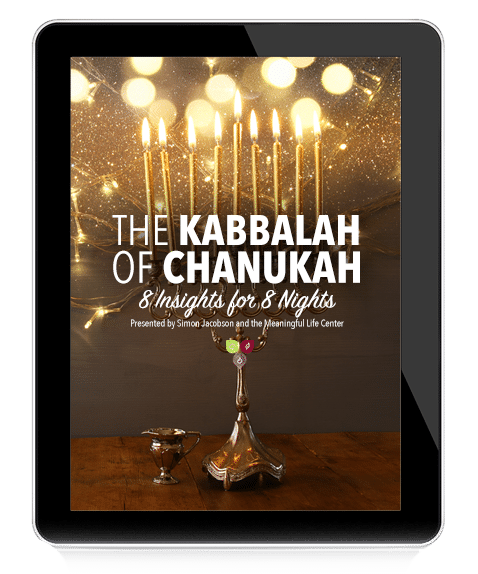Our sages tell us that the patriarchs observed the entire Torah although G-d had not yet commanded it.[1] Yet in the 29th chapter of Genesis we find Jacob marrying Rachel after having been tricked into marrying her sister, Leah. Why did Jacob marry two sisters, a clear biblical prohibition?[2]
But Jacob had given his word to Rachel, who had waited seven years as he worked for her father to gain her hand. To refuse to marry her would have caused her grievous hurt and embarrassment. Since the laws of the Torah were not commanded to Israel before the revelation at Mount Sinai, Jacob had no right to uphold his self-assumed piety at the expense of another human being.
Therein lies an important lesson to each and every one of us. The Torah’s laws are eternal and unequivocal—one cannot second-guess the Almighty, even if the observance of His commandments may appear to cause hardship and suffering. Ultimately, the Torah is the only source of life and well-being for the Jew, both spiritually and physically. Yet this applies only to what the Torah directly commands. If a person wishes to go beyond what the Torah obligates him, this is most laudable—as long as it affects only himself. Where others are affected, a fellow’s needs must always take precedence over one’s own loftiest “values.”
Based on an address by the Rebbe, Kislev 28, 5728 (December 30, 1967) [3]
The Modern Laban
And Laban responded to Jacob: “The daughters are my daughters, the sons are my sons, the sheep are my sheep…”
Genesis 31:43
“You, Jacob, are fine the way you are: a man raised in the old country, a man whose natural habitant are the tents of study and prayer. But what do you want of the children? They belong to another generation, another world. They must be raised in the spirit of the times, equipped to earn a living and place in society. Do you truly expect them to negotiate modern life with nothing but your ancient tomes? You, Jacob, are fine the way you are; but leave the children to me…”
“Jacob, I wouldn’t dream of interfering with your holy life – I’ll be the first to admit that I’m no authority on religion. By all means, consult your sacred books on how to keep the Shabbat or how to light your Chanukah candles. But when it comes to business affairs–do you think that the commodities market conforms to the standards of the Shulchan Aruch? That you can retain both your competitive edge and your talmudical ethics? You’ll be eaten alive out there. Reserve your piety for the synagogue and study hall, but do yourself a favor — leave the sheep to me, okay?”
Based on an address by the Rebbe[4].
Adapted from the teachings of the Rebbe by Yanki Tauber.
[1] Talmud, Yuma 28b; Rashi on Genesis 26:5. Jacob himself communicated to Esau: “I dwelt with Laban, and kept the 613 mitzvot” (Rashi on Genesis 32:5).
[2] Leviticus 18:18. To divorce Leah, in addition to the hurt and insult to her this would have involved, would not have solved the problem: the Torah’s prohibition against marrying two sisters applies also to the sister of one’s living divorcee.
[3] Likkuttei Sichot vol. V pp. 147-148).
[4] Likkutei Sichot vol III pg. 790








